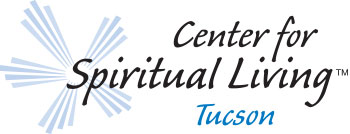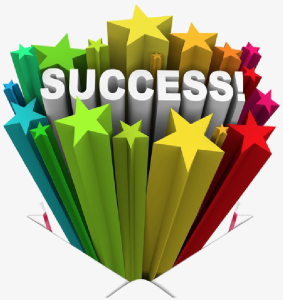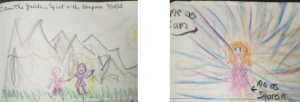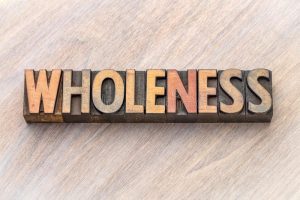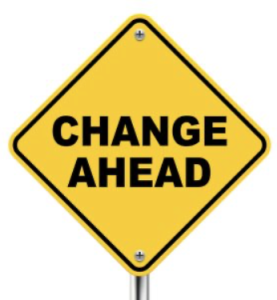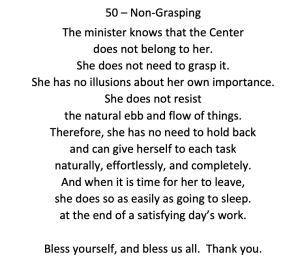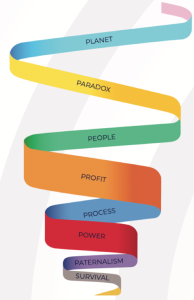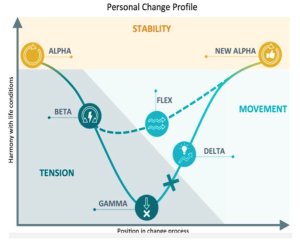Energy is Fundamental
 Energy is a fundamental aspect of the universe we inhabit. At the deepest levels of our understanding, everything could be described as energy and vibration. The law of conservation of energy states that energy cannot be created or destroyed, only transformed from one form to another. This law is fundamental to our understanding of how the universe operates.
Energy is a fundamental aspect of the universe we inhabit. At the deepest levels of our understanding, everything could be described as energy and vibration. The law of conservation of energy states that energy cannot be created or destroyed, only transformed from one form to another. This law is fundamental to our understanding of how the universe operates.
Chanting is one of the oldest forms of human expression, dating back to our earliest ancestors. It is believed that chanting originated from guttural utterances that humans made as they developed consciousness in the womb, listening to the sound of their mother’s heartbeat. We recognize waves in many forms, such as ripples in a pond, radio waves, and light waves. Music can be summed up as orchestrated waves, and our interpretation of sound or waves of any sort.
Waves contain energy, and chanting must have an effect on the body and mind. Healing using sound has been documented by many cultures over the centuries. Harmonics have been proven to affect stability, and low frequencies have been used by the military to communicate underwater. Sonic interventions can warm our souls and unify groups of people, affecting consciousness or awareness.
There is scientific evidence to support the physical benefits of sound healing. According to David Perez-Martinez, M.D., “there’s a little branch of the vagus nerve that goes right to the tympanic membrane [also known as the eardrum], which vibrates in response to sound waves. So that means that every sound that you process through your ears sends that information to the vagus nerve.” The vagus nerve is responsible for “rest and digest” activities such as reducing stress, lowering blood pressure, and relaxing muscles. In addition, “when you have two vibrating entities next to each other, the stronger vibration will affect the weaker one; eventually, they’ll synchronize. That’s basic physics,” explains Dr. Perez-Martinez.
In conclusion, chanting and sound healing have been used by many cultures over the centuries to promote physical, emotional, and spiritual well-being. Waves contain energy, and chanting must have an effect on the body and mind. The physical benefits of sound healing are backed up by science, and the power of sound can unify groups of people and affect consciousness or awareness. The universe is a complex system of energy and vibration, and chanting is just one way in which we can tap into this powerful force.
—Chris Wheeler
